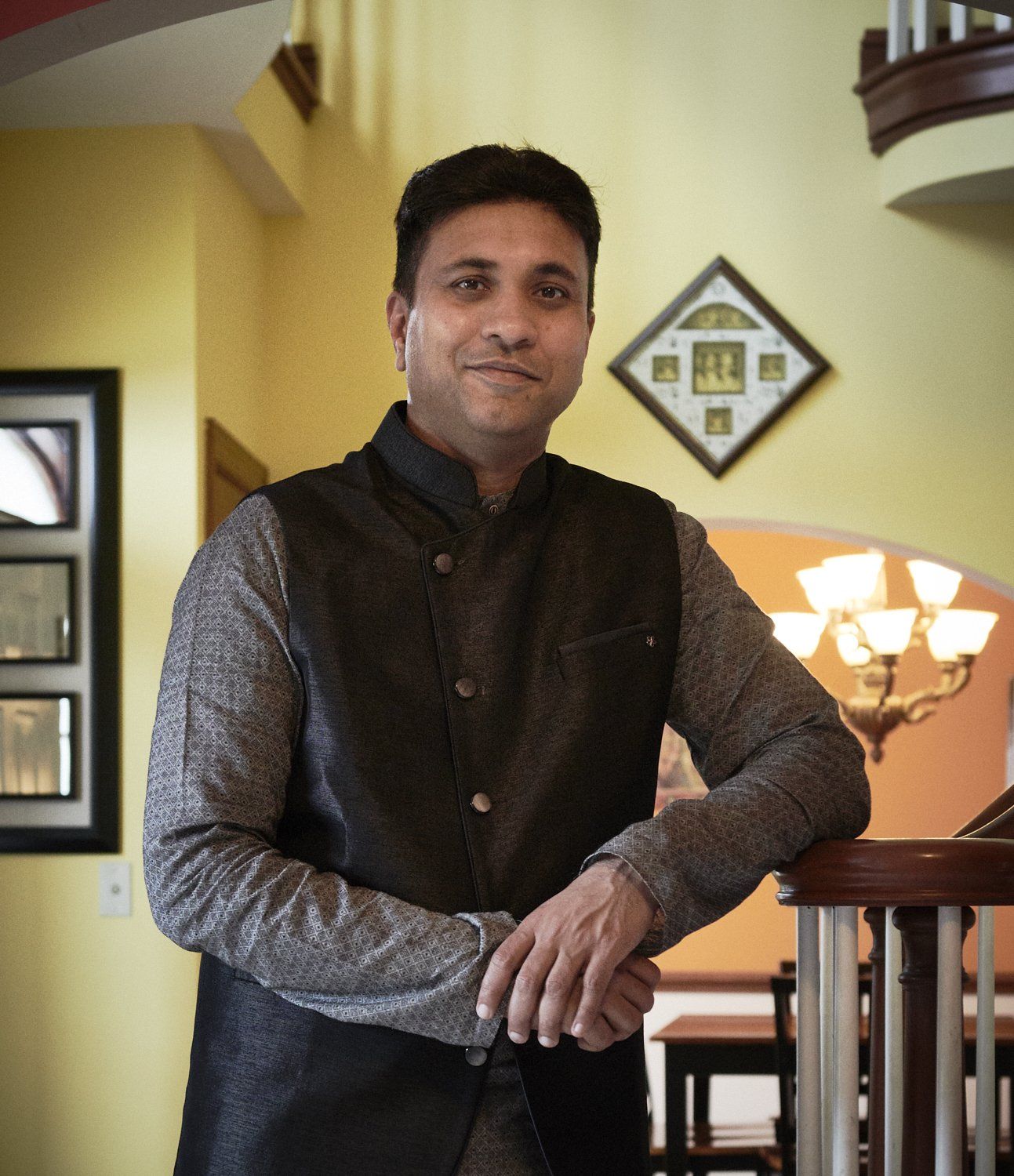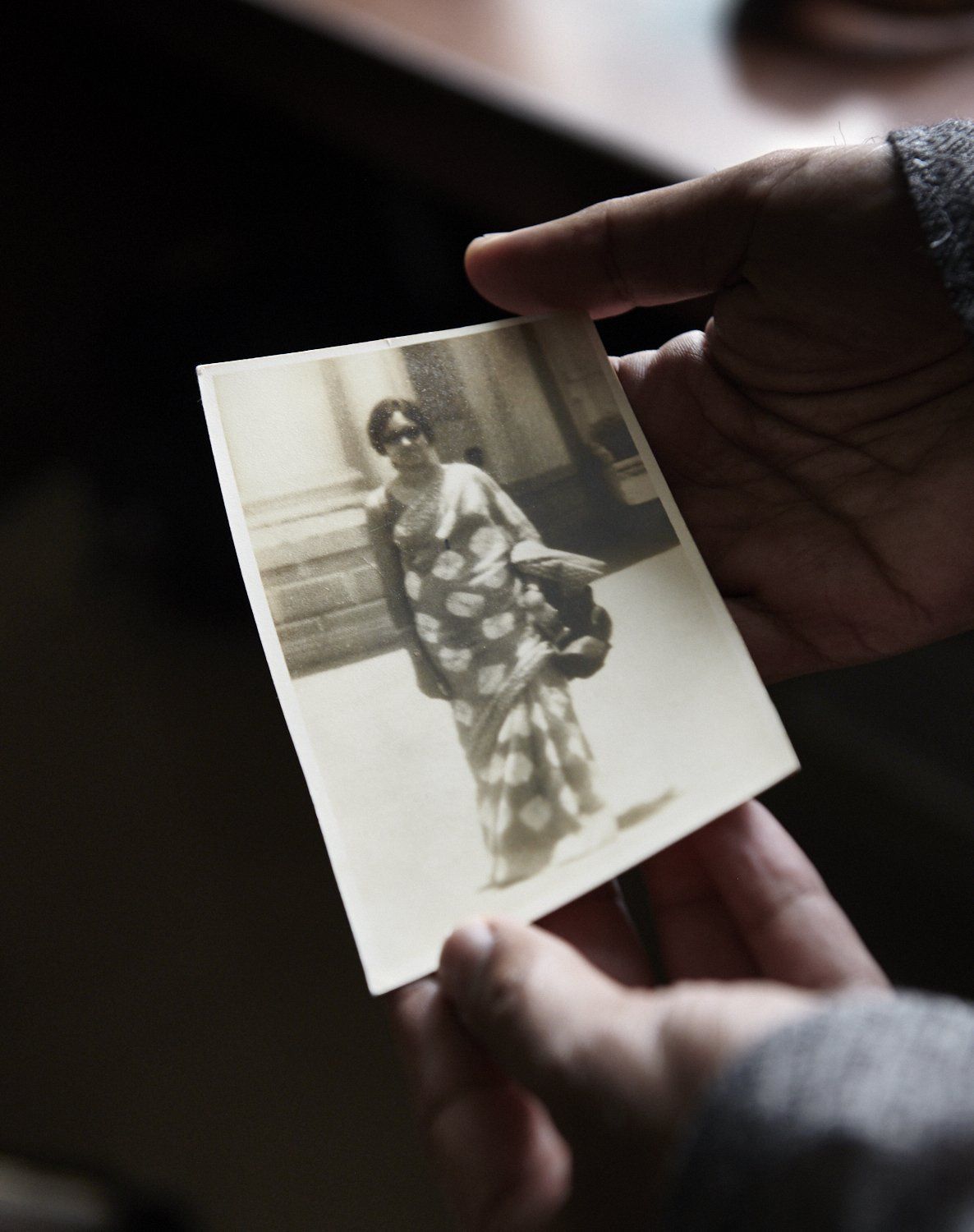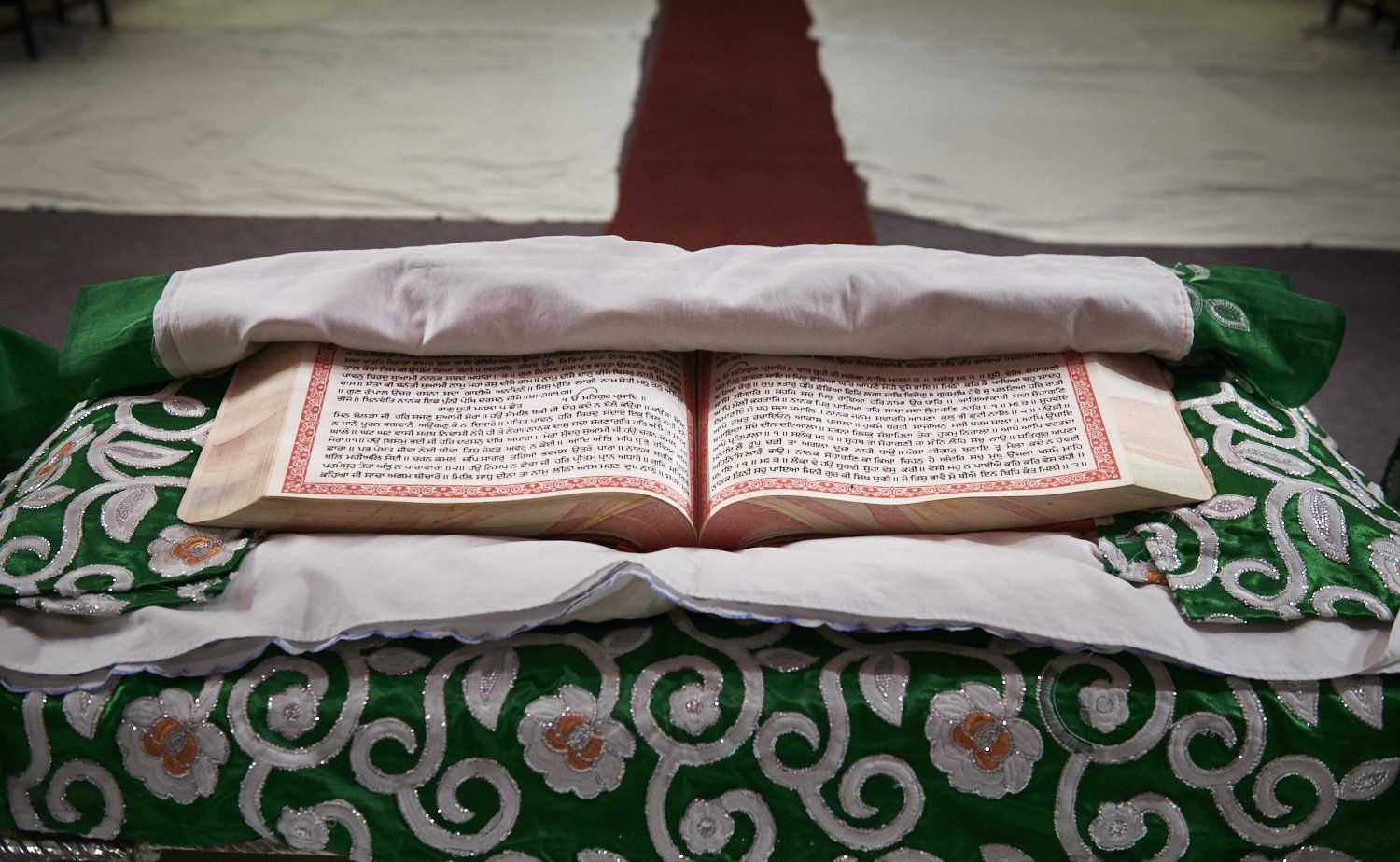#MyStory
Warrior and Saint
Swaroop Singh is an Indian-American who embraced his Sikh culture amidst difficulty and discrimination.
Swaroop Singh has lived in the United States for 25 years, and even within his work at the Williamsville School Board, he is faced with a world defined by difference. This feeling of being different is hardly a new experience. Growing up in Chennai, India, Swaroop was the only Sikh among his friends. Having never been comfortable with the local language of Tamil, Swaroop and his family never truly lost the sense that they were outsiders in their own neighborhood.
Despite those differences, those years in Chennai were the happiest years of Swaroop’s life, and it was all due to school. Unlike most kids his age, Swaroop loved going to school. His school brought together children from across India each with their own culture, helping Swaroop feel less alone. All this made Southern India’s hot, humid air feel like the warm embrace of home.
When Swaroop enrolled in The University of North Carolina at Chapel Hill, he was again confronted with the feeling of being out-of-place as one of two Sikhs in the entire college. However, unlike Chennai, Swaroop was truly alone for the time in his life. Depressed and overwhelmed by the responsibility of being an international student, Swaroop longed for his family, but with the high price of international phone calls, contact with home was few and far-between
Then, Swaroop found the solution to his isolation: food. In India, food is a testament to the country’s diversity; even one simple dish can have endless variations. Nevertheless, Indians are connected through their love of masala chai. At UNC, it was these simple connections that broke down the barriers between Swaroop and his peers. With one pinch of cardamom, he could turn casual tea drinkers into chai enthusiasts, gaining new friends through his culture rather than in spite of it. After that, college became an oasis rather than an obstacle.
Regarding his experience in college, Swaroop recalls, “You never truly have a family here, but you can have friends, and the more time you spend with your friends, the less lonely you feel.”
Eventually, Swaroop was forced to decide how far he was willing to go to make friends. Part of him wanted to assimilate. As a naturally introverted person, it was hard enough for him to socialize and even more exhausting having to constantly explain what a Sikh was. When the friendly environment of college gave way to the rush of the real world, Swaroop was sorely tempted to leave his culture behind.
Then, he remembered what it means to be a Sikh. Both warriors and saints, Sikhs embody their commitment to worldliness and the protection of others through their hair and traditional dagger. For Swaroop, these ideals meant that the most important thing in life is to be true to yourself. Through this, he realized that his culture was something that he refused to sacrifice even if it set him apart.
On the importance of accepting cultural differences, Swaroop argues, “It's easy to talk about our similarities, but it's more difficult to say that even in our differences, we're not that far apart.”
In that same vein, Swaroop works to combat the invisibility of Sikhs in America.With the diversity of India missing from its American conception, Sikhs have struggled against the prejudice they face for their practice of wearing turbans. Consequently, Swaroop helps to organize and participates in the local community’s Turban Day to celebrate its religious significance and affirm his pride in being Sikh. Although racism is far from defeated, change is happening, and Swaroop knows that there is a place for the Sikh identity in an inclusive world.





